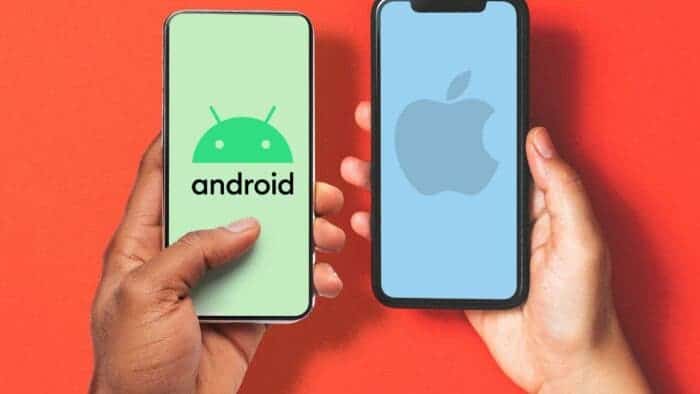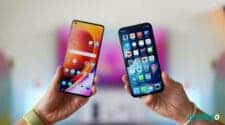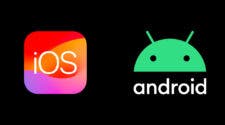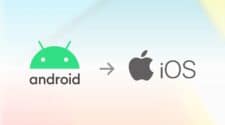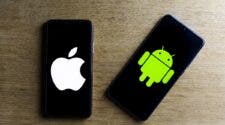The debate over which mobile operating system is better has been going on for years. While Android has made significant strides over the years, the iPhone remains the mobile device that most people desire. In most countries, the iPhone is the mobile that people want to have, even though Android has made significant advances in recent years. However, one must wonder if Android users are envious of iPhone users, or if the iPhone is genuinely the better mobile device.
A recent report by CIRP has shown that Android users tend to be more envious of iPhone users than the other way around. The study is based on a “loyalty index”, which measures the percentage of people who prefer to stick with their current system rather than switch to a competitor. Although the study was conducted only in the United States, the results are quite interesting.
The dream of many: switching from Android to iPhone
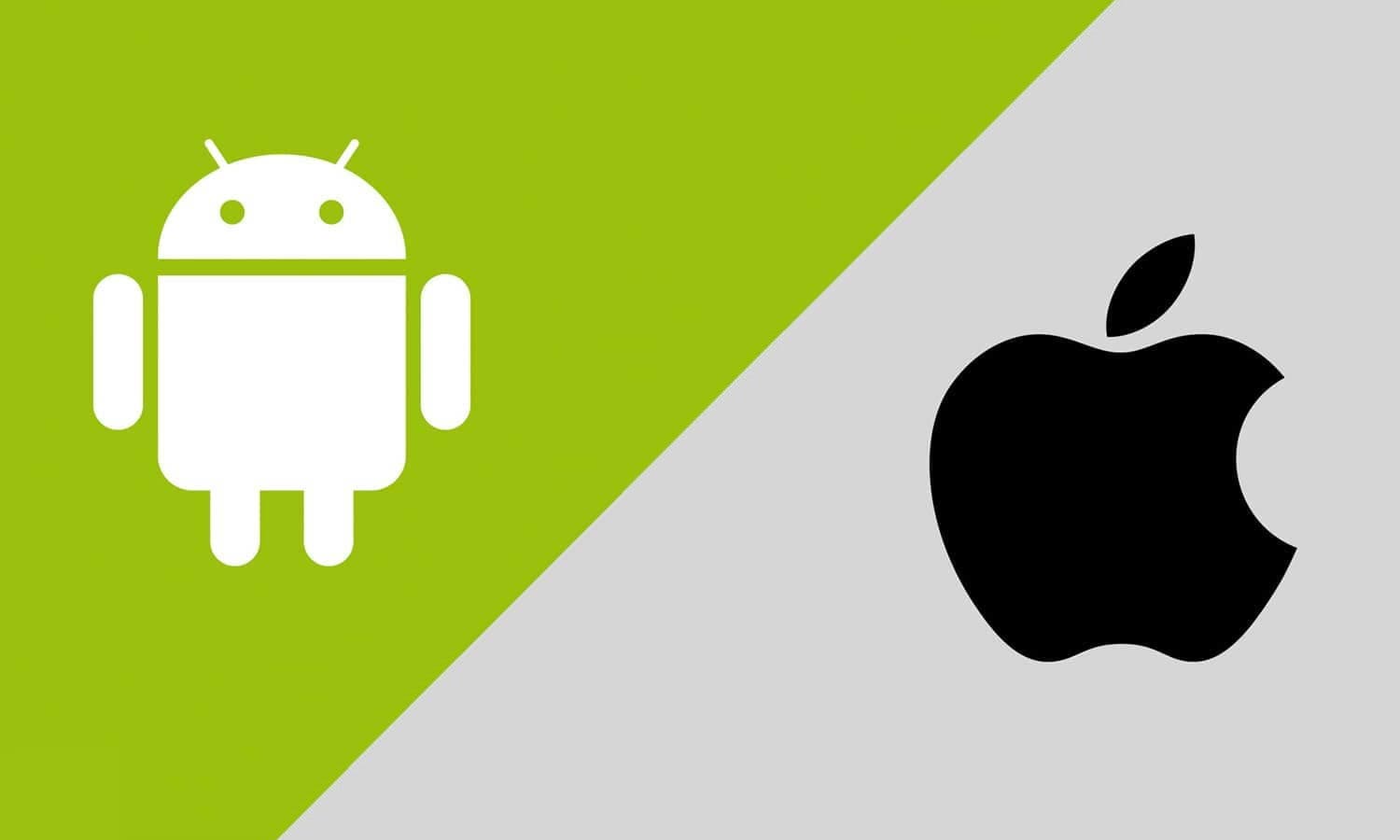
According to the study, 15% of new iPhone buyers previously used an Android phone, while only 4% of new Android buyers had previously used an iPhone. Based on these figures, it might seem that Apple has won the battle and that Google and other manufacturers should give up. However, there is another interesting fact to consider.
The study also revealed that 91% of Android users prefer to stick with Android, while 94% of iPhone users prefer to stay with Apple. This means that 9% of Android users actually want an iPhone, but for various reasons, they haven’t been able to get one yet, such as affordability or other factors. It is essential to remember that humans are creatures of habit, and it is tough to convince someone to change something that works well for them. This is why the loyalty percentages are so high.
The iPhone has become more than just a mobile phone. It has become a status symbol, like a high-end watch or a luxury car. Apple has managed to turn the iPhone into something that people want to show off. However, every time Apple has tried to expand its market by lowering the price of its products, such as with the iPhone Mini, it has failed miserably.
The main reason why the iPhone does not sell more units is the price. Ironically, the price is also one of the reasons why the iPhone is so desirable. People are willing to pay a premium for the iPhone because it is seen as a luxury item. However, this does not mean that only wealthy people can afford an iPhone. Apple offers a range of iPhones at different price points, making them accessible to a broader audience.
The Elusive Transition from Android to iPhone
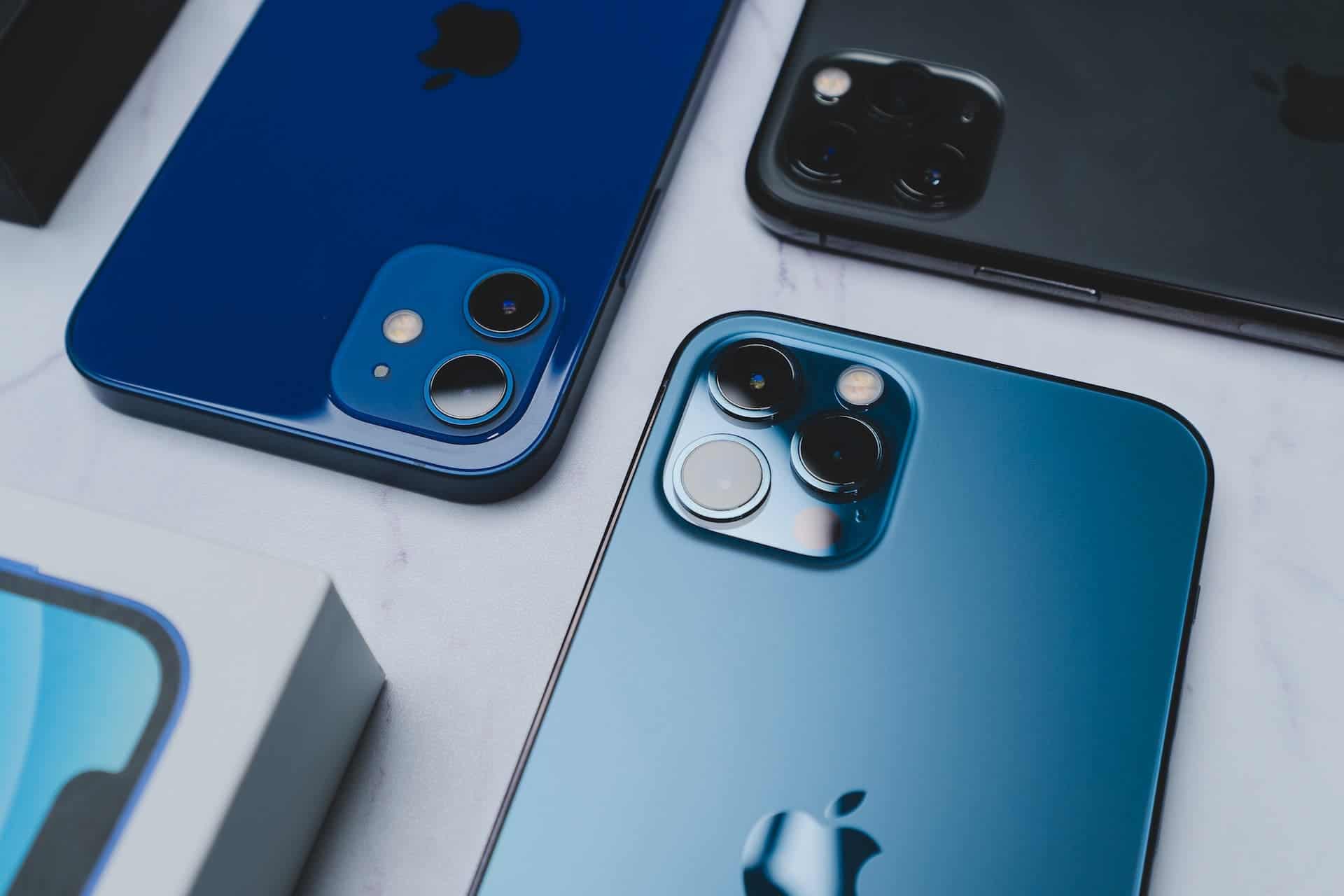
Does this mean that Android users are just poor people who cannot afford anything better? Absolutely not. Nor does it mean that people who purchase an iPhone do not care about their mobile phone and only want it to show off. The truth lies somewhere in between.
The reality is that Android still has a lot of room for improvement, particularly when it comes to having a cohesive and straightforward platform. People who buy an iPhone know with absolute certainty that they can purchase an Apple Watch, an iPad, a MacBook, and an Apple TV, and everything will work together seamlessly. It’s simple and straightforward, and they don’t even need to search for information online. They can just walk into an Apple Store and buy whatever they need. With Android, it is also possible, but it requires more work, and users need to be cautious and research before making a purchase.
The good news is that Android already has a solution, and it’s called Pixel. It is no secret that Google is following in Apple’s footsteps by introducing Pixel Watch, Pixel Tablet, Google TV, and Android Auto, all interconnected and compatible with each other. The best part is that Google is achieving this while allowing competition on its platform.
Google is trying to make the Pixel more than just a mobile device. They are trying to create a comprehensive ecosystem that includes not just the Pixel phone, but also other devices like the Pixel Watch, Pixel Tablet, Google TV, and Android Auto. They want everything to work together seamlessly, just like with Apple. The Pixel is designed to be simple and straightforward, just like the iPhone.
However, Google still has a long way to go before it can match Apple’s ecosystem. The Pixel is still a relatively new product, and it will take some time before it can catch up to Apple. But the fact that Google is trying to create an ecosystem shows that they are aware of the importance of having a cohesive and straightforward platform.
Overall, the debate over which mobile operating system is better will continue for years to come. However, the fact remains that the iPhone is still the mobile device that most people desire. Android has made significant strides over the years, but there is still a lot of room for improvement. Google is trying to create an ecosystem that rivals Apple’s, and the Pixel is a step in the right direction. But it will take some time before the Pixel can catch up to the iPhone. It all comes down to personal preference. Some people prefer Android, while others prefer iOS. The key is to choose the mobile device that works best for you, regardless of what others say.
Android vs iPhone: The Loyalty Gap

It’s no secret that Android and iOS are the two dominant mobile operating systems in the world. But what’s not as well-known is that there’s a significant loyalty gap between the two platforms.
There are a few reasons for this loyalty gap. First, Android is a more open platform than iOS. This means that there are more options for Android users when it comes to hardware and software. There are also more ways for Android users to customize their devices.
Second, Android phones are generally more affordable than iPhones. This makes them a more attractive option for budget-minded consumers.
Third, Android phones are more widely available than iPhones. This is especially true in developing markets.
The loyalty gap between Android and iOS is likely to continue in the years to come. Android’s openness, affordability, and availability will continue to make it a popular choice for consumers around the world.
Android vs iPhone: feature comparison
Here is a comparison of the main differences between Android and iPhone:
Gizchina News of the week
- Operating system: Android is an open-source operating system developed by Google, while iPhone uses Apple’s iOS. This means that Android is more customizable than iOS, as users can download and install apps from a variety of sources. However, iOS is generally considered to be more secure than Android, as Apple has more control over the development of apps for its platform.
- Hardware: There are a wider variety of Android devices available than iPhone devices. This is because Android is used by a wider range of manufacturers, including Samsung, Google, and Motorola. iPhone, on the other hand, is only used by Apple. This means that there is more choice and variety when it comes to Android devices, but there is also a wider range of price points and specifications.
- Price: Android devices are generally more affordable than iPhone devices. This is because there is more competition in the Android market, which drives down prices. iPhone devices, on the other hand, are typically more expensive due to Apple’s high-quality standards and brand reputation.
- App availability: There are more apps available for Android than for iPhone. This is because Android is a more open platform, which makes it easier for developers to create and publish apps. However, the App Store is generally considered to have a higher quality selection of apps than the Google Play Store.
- User interface: The user interface (UI) of Android and iPhone are very different. Android has a more customizable UI, which allows users to change the look and feel of their device. iPhone, on the other hand, has a more consistent UI across all devices. This means that iPhone users can be sure that their device will work in the same way, regardless of the model.
- Security: iOS is generally considered to be more secure than Android. This is because Apple has more control over the development of apps for its platform. However, Android has made significant improvements to its security in recent years, and the gap between the two platforms is narrowing.
- Customization: Android is more customizable than iOS. Users can change the look and feel of their Android device by installing different launchers, themes, and widgets. They can also install apps from outside the Google Play Store, which gives them more freedom to choose the apps that they want. iOS is less customizable, but it is also more user-friendly. Apple has a strict vetting process for apps that are allowed on the App Store, so users can be confident that the apps they download are safe and high quality.
- Ecosystem: Android is more integrated with other Google products, such as Gmail, Google Maps, and Google Drive. iPhone is more integrated with other Apple products, such as the Mac, iPad, and Apple Watch. For example, Android users can easily sync their contacts, calendars, and photos with their other Google devices. iPhone users can easily sync their contacts, calendars, and photos with their other Apple devices.
- Updates: Android phones typically receive software updates for a shorter period of time than iPhones. For example, Google guarantees that Pixel phones will receive software updates for at least three years after their release. Apple guarantees that iPhones will receive software updates for at least five years after their release.
- Battery life: Android phones typically have worse battery life than iPhones. This is because Android phones are often more powerful and have larger screens than iPhones.
Here is a table that summarizes the key differences between Android and iPhone in more detail:
| Feature | Android | iPhone |
|---|---|---|
| Operating system | Open-source | Closed-source |
| App availability | More apps available | Fewer apps available, but higher quality apps |
| Price | More affordable | Less affordable |
| Hardware | Wider variety of shapes, sizes, and features | Smaller selection of devices |
| Ecosystem | More integrated with Google products | More integrated with Apple products |
| Customization | More customizable | Less customizable |
| Updates | Updates for a shorter period of time | Updates for a longer period of time |
| Bugs | More prone to bugs | Less prone to bugs |
| Security | More susceptible to malware and other security threats | Less susceptible to malware and other security threats |
Ultimately, the best mobile operating system for you will depend on your individual needs and preferences. If you are looking for a platform that is customizable, affordable, and has a wide variety of apps available, then Android is a good choice. If you are looking for a platform that is secure, easy to use, and has a high-quality selection of apps, then iPhone is a good choice.
The Future of Android
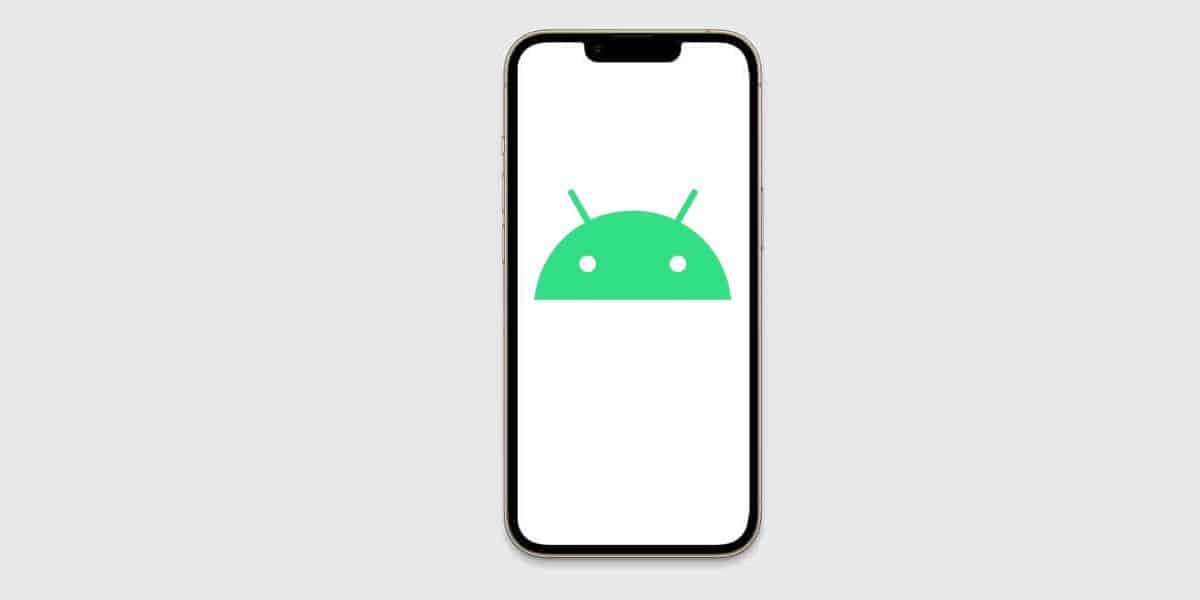
The future of Android looks bright. Google is investing heavily in the platform, and there are a number of exciting new features and devices on the horizon.
One of the most important changes coming to Android is Fuchsia. Fuchsia is a new operating system that Google is developing from the ground up. Fuchsia is designed to be more modular and flexible than Android, which will make it easier for Google to add new features and update the platform more frequently.
Another important change coming to Android is foldable devices. Foldable devices are a new type of smartphone that can be folded in half to create a smaller, more portable device. Google is working on a number of foldable devices, and the company is expected to release its first foldable Pixel phone in 2023.
The future of Android is full of potential. With Google’s investment and the introduction of new features and devices, Android is poised to continue its dominance in the mobile market.
The Future of iOS
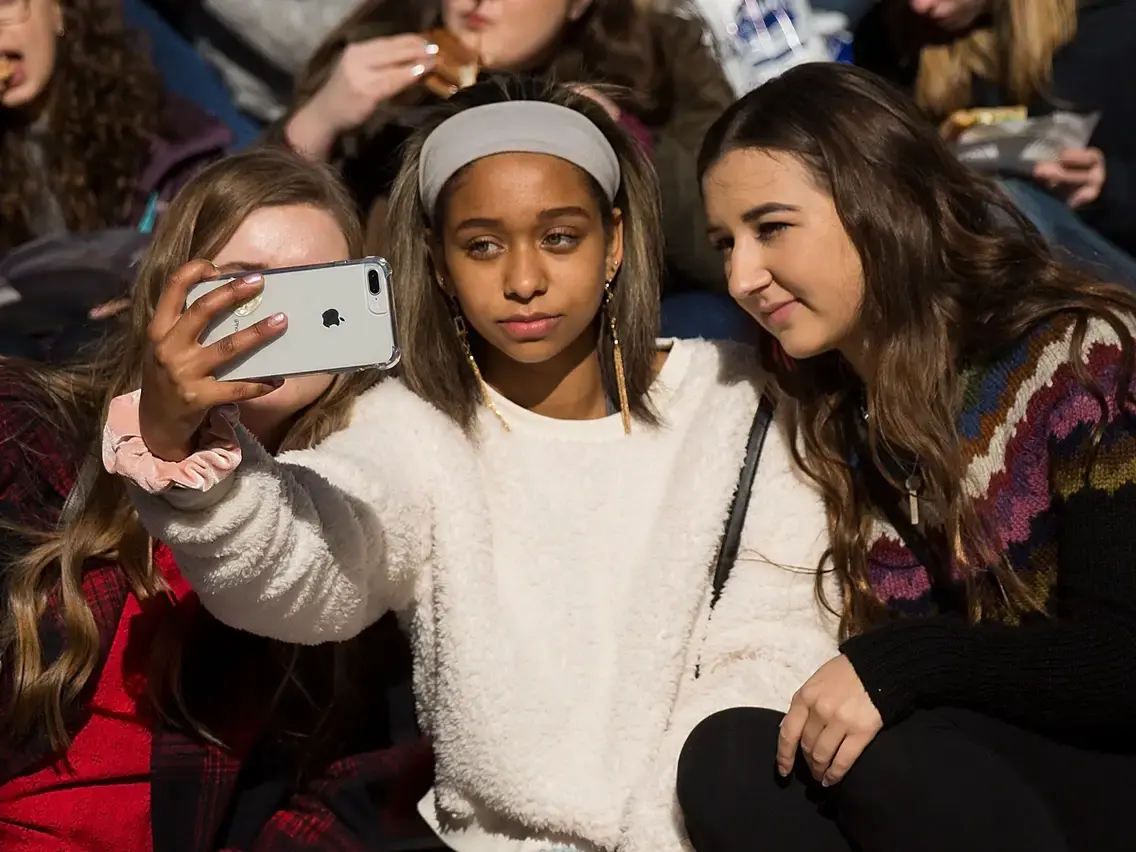
The future of iOS is also bright. Apple is constantly innovating and adding new features to its mobile operating system.
One of the most important changes coming to iOS is augmented reality (AR). AR is a technology that allows users to see digital content overlaid on the real world. Apple is working on a number of AR features for iOS, including ARKit, which is a development kit that allows developers to create AR apps for iOS.
Another important change coming to iOS is machine learning. Machine learning is a type of artificial intelligence that allows software to learn and improve over time. Apple is using machine learning in a number of ways on iOS, including for features like Siri, Photos, and Messages.
The future of iOS is full of potential. With Apple’s continued innovation, iOS is poised to remain a popular choice for mobile users.
Can Google Close the Gap?
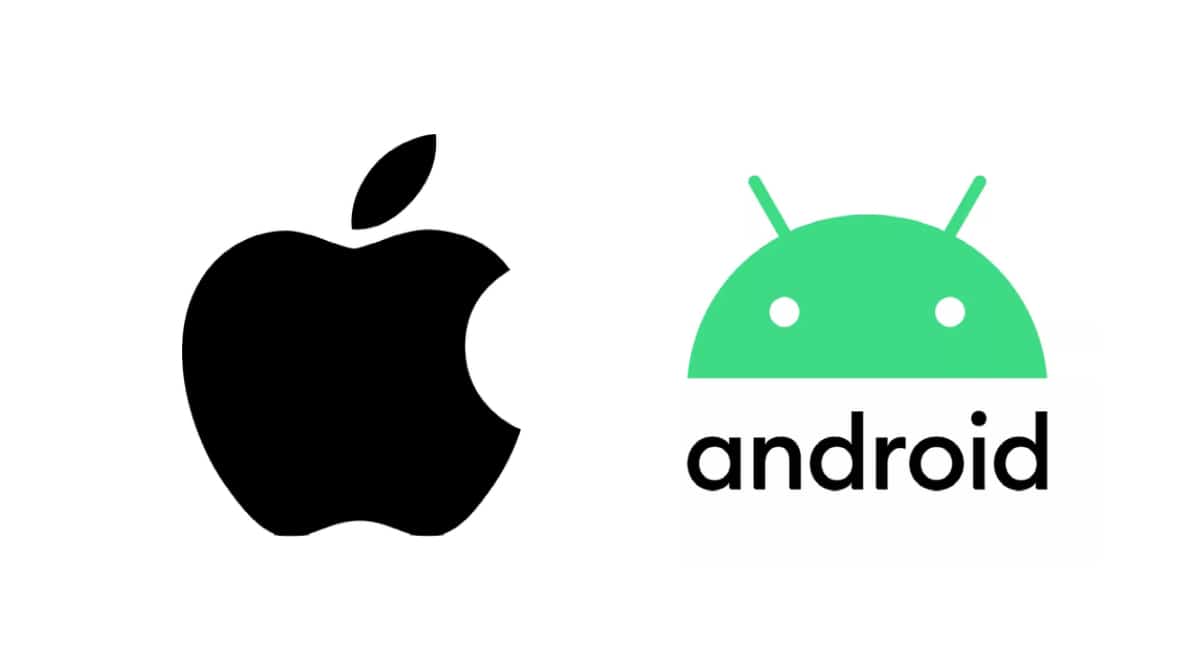
The good news for Android users is that Google is taking steps to close the gap between Android and iOS. The company has been investing heavily in its Pixel line of devices, and it has also been working to improve the overall Android experience.
With the release of Android 12, Google made a number of changes to the user interface that were designed to make Android more user-friendly and aesthetically pleasing. The company also made it easier for users to customize their devices, and it added a number of new features, such as a privacy dashboard and a new notification system.
Google is also working on a number of other projects that could help to close the gap between Android and iOS. For example, the company is working on a new Wear OS operating system for smartwatches, and it is also launching a new tablet operating system.
If Google can continue to improve Android, it is possible that the platform could eventually catch up to iOS in terms of market share. However, it is important to remember that Apple has a number of advantages, such as its strong brand reputation and its loyal customer base. It will be difficult for Google to overcome these challenges, but it is not impossible.

